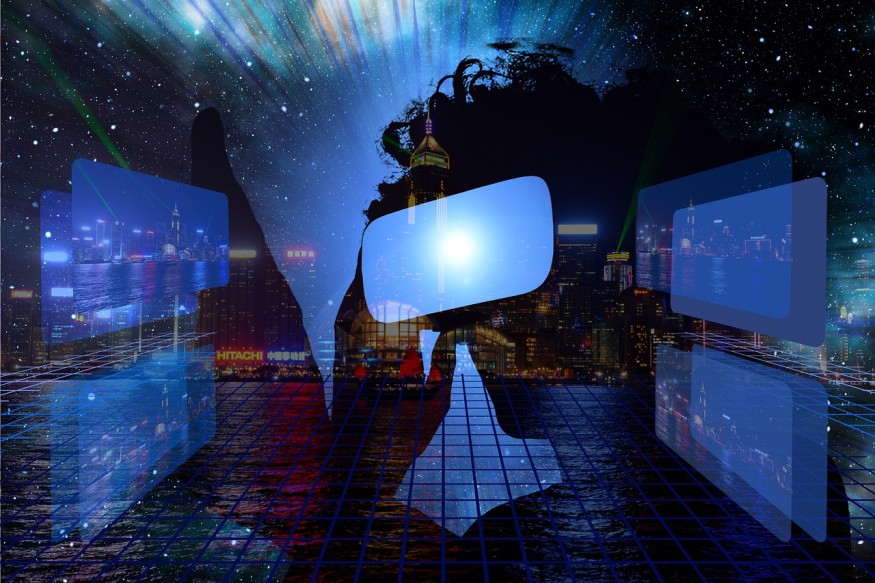
According to recent findings, tea-delivering drones, hologram receptionists, and robots could all be part of the workplace by 2050. With futuristic technologies blending into different aspects of life and work, employees may soon be relieved from executing mundane tasks.
Futuristic Technologies To Shape the Workplace
Research done by Furniture at Work claimed that various futuristic technologies, such as on-site babysitters, AR glasses, and fingerprint fridges, will all be added to the 2050 workplace.
The Daily Mail reports that these findings come amid pressing fears that AI and other forms of technology may take over 20% of the workforce in the next few years. While they have demonstrated great human-like capacities, programs like GPT 4 have made these concerns worse.
Robots and Artificial Intelligence
Though the research focused more on how technology may complement humans, it also discovered that robots could take over research and data entry as well.
The specialists also note that taking over certain tasks and positions may enable a four-day work week. This could be possible, as humans may only need to work on the harder tasks.
Richard Nolan, the CPO at Epsonow, states that AI and robots can start taking over mundane activities, such as research and data entry. This would free humans and enable them to focus on more meaningful tasks that require more thinking. Nolan adds that it is possible to see humans controlling robots remotely. This may enable them to be physically present in an office without really being there.
Holograms
Holograms may also replace office receptionists. These technologies could relate with customers in any given language and cater to different work-related questions. The Daily Mail notes that this has already started entering the workplace in some areas. The Brent Council in Greater London, for one, has deployed its hologram receptionist "Shanice" in 2013.
AR/VR
Aside from this, according to NY Breaking, augmented reality (AR) glasses may also decrease the need for employees to be physically present in the office. With such technology, employees could work on floating touch screens or sit in a conference area with their workmates.
Marco Naez, who owns the Skygroup marketing agency, says that in the future, humanity may get AR glasses that offer a full experience where it may feel like living through real life's augmented version.
Virtual reality (VR) headsets could also be employed similarly. For instance, new recruits may receive scenario training before they officially start work.
This is something that has already seen concrete steps. The Metaverse, for one, was launched in 2021 and has the capacity to facilitate VR meeting rooms.
The application of VR can also go beyond work. It may also be added to meditation areas for relaxation and winding down. Relaxing VR alongside onsite babysitters and napping spaces may all increase in the future.
Anti-Distraction Technology
The experts also add that, with employees getting more and more distracted by social media, there may also be anti-distraction technologies incorporated into offices as well. These could be tea-delivering drones, which cut the need to take breaks, or wristbands that monitor productivity.
Muhammad Waqar, the CEO and founder of Build.com who participated in the research, mentions that with open-plan on the rise and the prevalence of distractions, anti-distraction technology could become extremely important. This may also include website blockers or noise-canceling headphones.
Health, Security, and Green Technology
Aside from this, officers are also assumed to become even more secure and green because of technology. For health and security purposes, systems employing touchless face-scanning could be used. Sensors may also be added to ensure that air quality, lighting, and temperature levels are sufficient.
The experts also envision that with green technology, garden spaces could be encouraged. Plants and fresh produce could be grown. Offices may also add biophilic furniture and green-colored walls to mimic outdoor nature.
RELATED ARTICLE : How the Metaverse Will Impact the Future of Work
Check out more news and information on Tech & Innovation in Science Times.
© 2026 ScienceTimes.com All rights reserved. Do not reproduce without permission. The window to the world of Science Times.












